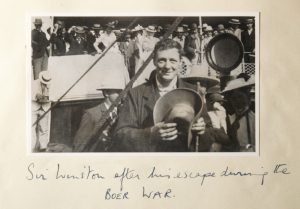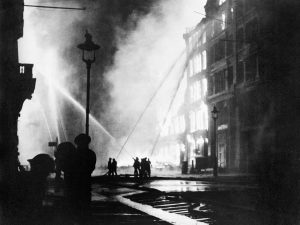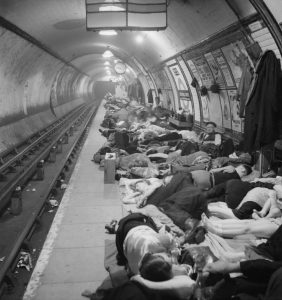
StoryLine
Food

Winston Churchill, Parliament Square, London © Sue Lowry & Magellan PR
January 1, 1970
‘Soft-shell crabs and corn on the cob are by no means unpalatable, but should not be eaten too often.’ (Churchill, 5 August, 1933, ‘Land of Corn and Lobsters’)
‘Stilton and port are like man and wife. They should never be separated.’ (Churchill, 1946)
In 1900, food was expensive. For many families, the potato was the mainstay of their diet and few ate meat and fish on a regular basis. Malnutrition in children was common in poorer families. By 1914, working-class families spent about 60 per cent of their income on food, with the rest going on luxuries like tobacco; many families spent considerably less than this.
During the First World War, almost half the men called up to enlist weren’t healthy enough to serve. Of course, the rich and merely wealthy, ate well.

2024 International Churchill Conference
By the 1950s, the world had been through two wars – and rationing – and the food that we ate had changed for ever.
Typical recipes of the early twentieth century:
Subscribe
WANT MORE?
Get the Churchill Bulletin delivered to your inbox once a month.




